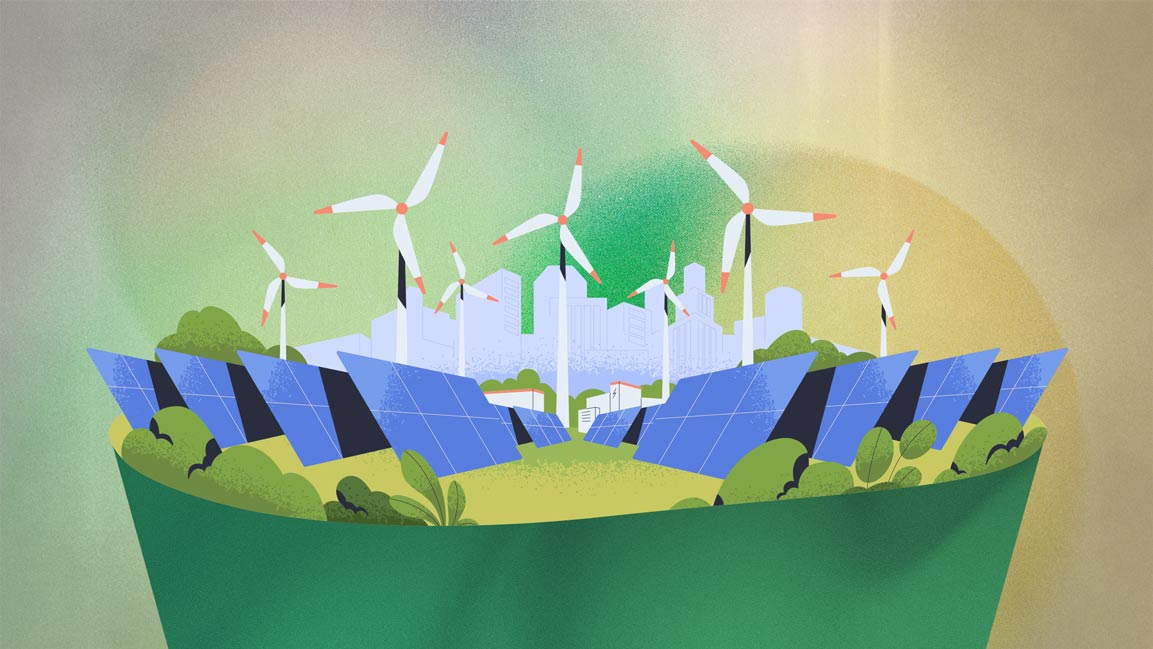- | 2:00 pm
Climate shocks could increase conflict deaths, warns IMF
By 2060 conflict deaths could increase by 8.5 percent as a share of the population in so-called fragile and conflict-affected states (FCS).

Now accepting applications for Fast Company Middle East’s Most Innovative Companies. Click here to apply.
While climate shocks may not trigger the onset of new conflict, they exacerbate conflict intensity where it already exists, according to the International Monetary Fund’s (IMF) new report released on Wednesday.
This is particularly important for the Middle East region, where conflicts in a few countries show no sign of ending. Instead, they have evolved, stagnated, and become intractable.
By 2060, conflict deaths as a share of the population in so-called fragile and conflict-affected states (FCS) could increase by 8.5% and up to 14% in countries facing an extreme increase in temperature.
According to the World Bank, 39 countries, home to nearly 1 billion people and 43% of the world’s poor, are classified as FCS.
According to the IMF’s report, climate change will push an additional 50 million people in fragile states into hunger by 2060.
By 2040, these nations could face 61 days a year of temperatures above 35 degrees Celsius (95 degrees Fahrenheit) on average, compared to only 15 days for other countries.
Worsening drought conditions in FCS are also projected to reduce GDP per capita growth by 0.2 percentage points per year in a low-emissions scenario and 0.4 percentage points per year in a high-emissions scenario.
This means that by 2060, real GDP per capita in FCS would be 5 percent lower in the high emissions scenario than in the low emissions scenario.
“Extreme heat, along with the more frequent extreme weather events that come with it, will endanger human health and hurt productivity and jobs in key sectors such as agriculture and construction,” the IMF said in a separate blog.
The report urged these countries to implement certain policies to facilitate immediate response to climate shocks, such as building buffers, strengthening social safety nets, and transferring disaster risk through sovereign insurance.































